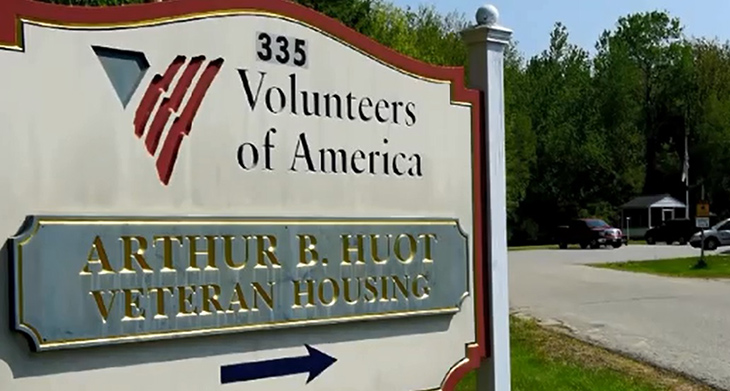VA’s largest transitional housing program — the Homeless Providers Grant and Per Diem (GPD) Program — is transforming so that VA and its community partners can more effectively serve Veterans. The transformation involves implementing a competitive, time-limited grant process that will require currently funded community providers to reapply for funding.
The GPD program provides nonprofit organizations, state and local government agencies and tribal governments with the resources they need to develop and sustain supportive programs and/or services that help homeless Veterans find stable housing, gain skills to increase their income and achieve independence.
The transformation comes at a time when the number and range of other VA and federally funded housing services for homeless Veterans is greater and wider than it was over 20 years ago, when GPD was established. This means there are a broader spectrum of resources available to homeless Veterans and Veterans at risk for homelessness, including but not limited to HUD-VASH, Supportive Services for Veteran Families (SSVF), Healthcare for Homeless Veterans, residential programs and more. The new competitive process will give VA greater flexibility to allocate resources and the agility to respond to evolving best practices for homeless services and programs — to, ultimately, best serve our nation’s Veterans.
Transforming the GPD program to keep pace with changes in Veteran services makes sense, given the program’s success through the years. Currently, GPD has 13,800 operational beds and over 600 projects serving homeless Veterans in all 50 states, the District of Columbia, Puerto Rico and Guam. In fiscal 2016 alone, VA and its GPD community partners served nearly 44,695 Veterans experiencing homelessness, with more than 16,500 of those Veterans transitioning to permanent housing. As a result of programs like GPD, the number of Veterans experiencing homelessness in the United States has declined by nearly 50 percent since 2010.
“We need to continue to strengthen all parts of our homeless services continuum to resolve homelessness quickly,” Deputy Secretary Sloan Gibson said of the GPD program’s transformation. “We recognize we can only succeed with the support of our community providers, and we are committed to a continued partnership with them.”
With this transformation, all current Homeless Provider GPD Program grants (except Transition in Place awards) will expire on Sept. 30, 2017, and grantees must reapply for projects and per diem awards for fiscal 2018. VA anticipates publishing a Notice of Funding Availability with details of the application requirements by the end of the 2016 calendar year.
To learn more about GPD, visit the program’s website.

Topics in this story
More Stories
Summer Sports Clinic is a rehabilitative and educational sporting event for eligible Veterans with a range of disabilities.
Report examines the input of over 7,000 women Veterans: They are happier with VA health care than ever before.
Veterans and caregivers, you can help shape the future eligibility requirements for the VA Caregiver Support program.






